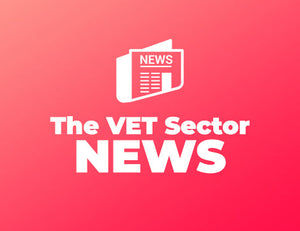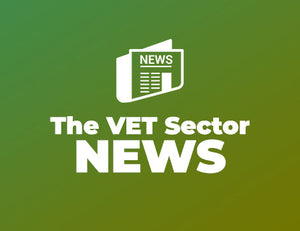
A few helpful strategies for first-time RTO managers
SUKH SANDHUA few helpful strategies for first-time RTO managers
There are many different vocational education and training (VET) providers in Australia, each with their own unique range of courses and teaching methods. As a result, the role of an RTO manager can vary significantly from one organisation to the next.
However, there are some common responsibilities that all RTO managers share. These include:
- Developing and maintaining relationships with stakeholders
- Identifying the training needs of individual learners, businesses and organisations
- Designing and delivering training programs that meet the needs of your learners
- Monitoring the progress of students and providing feedback
- Maintaining high standards of customer service
If you're thinking about a career in VET, then becoming an RTO manager is a great option. It's a challenging and rewarding role that offers the opportunity to make a real difference in the lives of others.
As an RTO manager, it is important to have a strong understanding of the vocational education and training (VET) sector. This includes the following:
- knowing the different types of VET providers,
- a good understanding of the range of qualifications and training options available
- how the funding works
- how the reporting works
- understanding of all stakeholders including industry bodies and industry partners
- what are the legislative requirements and guidelines
- processes and procedures of the training organisation
- how to assess student progress and achievement
In order to ensure that students receive high-quality VET, it is also important for RTOs to have systems and processes in place to monitor student progress and identify areas where improvement is needed.
You should also be aware of the changes that are happening in the VET sector, as this can impact your RTO's operations. For example, the introduction of new government initiatives or changes to funding arrangements.
It is also important to be familiar with the regulatory framework that applies to RTOs. This includes the Standards for Registered Training Organisations (RTOs) 2015 and the National Vocational Education and Training Regulator Act 2011. VET providers must meet strict quality standards set by the regulatory bodies such as the Australian Skills Quality Authority (ASQA).
The best way to stay up-to-date with changes in the VET sector is to regularly attend industry events and networking opportunities. This will help you build relationships with other RTOs and keep abreast of developments in the sector.
If you would like more information about the role of an RTO manager, or any other aspect of vocational education and training, please don't hesitate to contact us. We'd be happy to help!
RECENT POSTS





